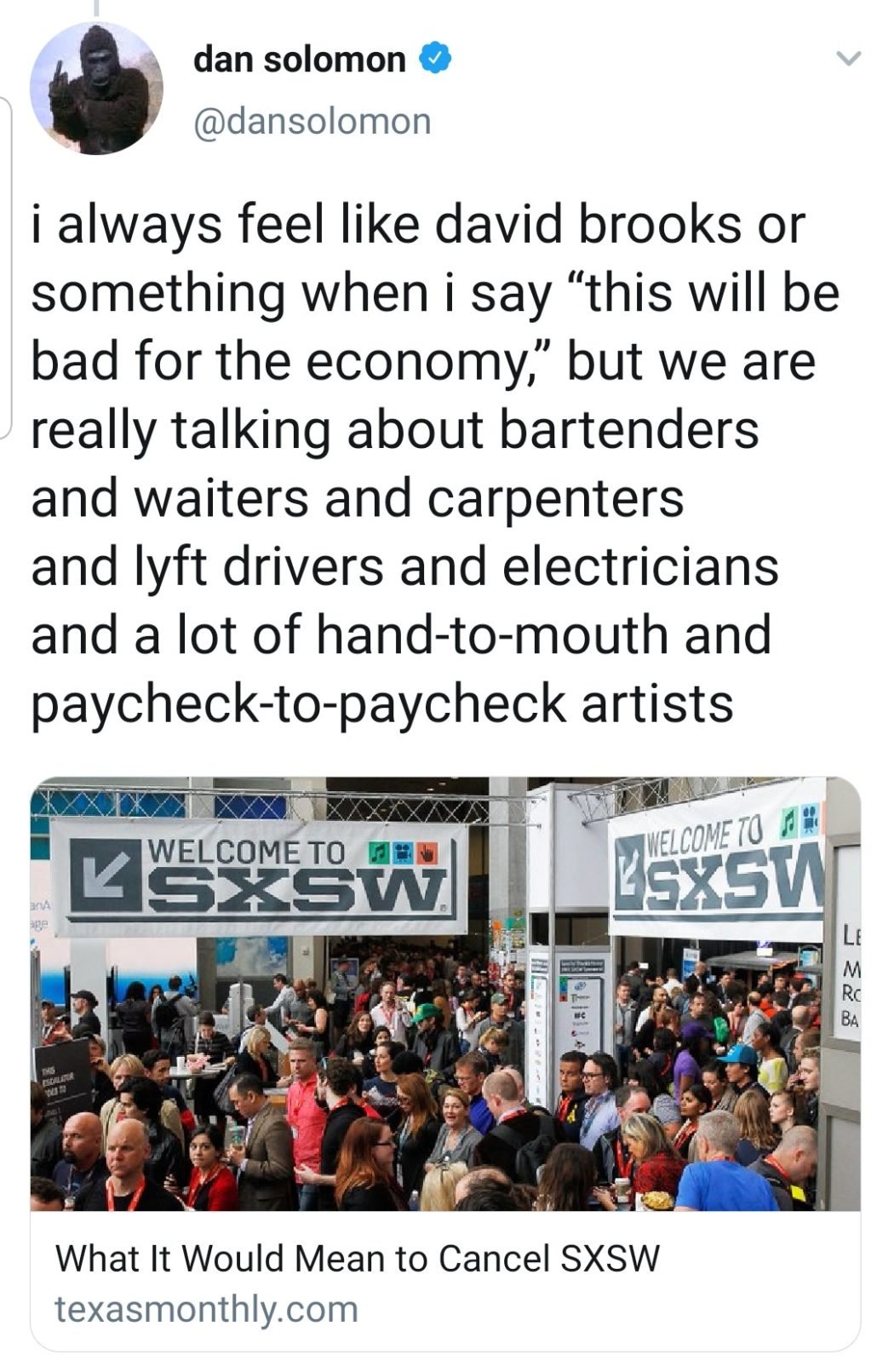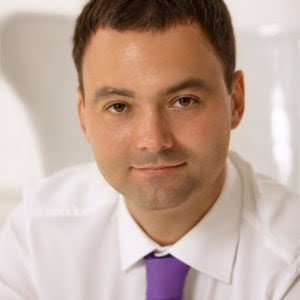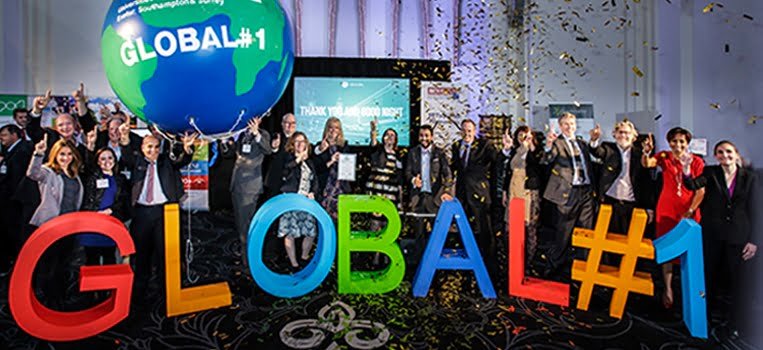Business Events 9
Live vs Virtual event amongst coronavirus outbreak: how framing can help us with this dilemma
Over the past couple of weeks we’ve seen large events cancelled or postponed indefinitely during the coronavirus outbreak, and most likely we’re going to see more of such cases in the near term. I think no need to describe how challenging the times are for the events industry and – given how huge its economic and social impact of just one event can be – basically, for everybody else. I find this tweet very telling.

There are many things that we as industry are discussing now. I recently sat with Attendify team to discuss some actionable tips from event psychology perspective, and one of the things we talked about was transition from a live event to a virtual version and some obvious practical challenges for such rapid and imposed change. I’d like to elaborate more on one of the points I made during that discussion, namely – our perception of such change. Although to a large extent it’s true virtual can not replace live, I believe we should really re-consider how we think about it – and here is where behavioral science can help us understand how.
(more…)3 things that make Toolkit event memorable
I attended the first edition of Toolkit event yesterday, and would like to share 3 things that are, among others, to make it memorable for attendees. As you can imagine – all 3 are rooted in science.

Leveraging Psychology in Events: 3 Examples from IMEX America
As you may notice, my primary focus is on how we can leverage psychology in events. Why? In short, appealing to some core psychological mechanisms makes any event more impactful and brings more results easier. I got to think about it again recently because I came back from IMEX18 in Las Vegas, and there were a few moments that I’d say provide good examples to the above.

How WEC2018 is a great visualisation for current event trends
Analysing event’s website is one of the key elements in my event review. I believe event website is a hallmark which can (or cannot) tell a whole lot about the event. Often there are similar questions raised around what should be there on a conference’s or forum’s website. So recently I’ve come across WEC2018 and found it a perfect reference to share with you. Not is it only an example of how to present and structure event information. It surprisingly came as a visual aid for event design trends. See for yourself.
Small [Matey] Talk – with Alexey Fadeev
Our new Small [Matey] Talk is a kind of interview section on the blog. As title suggests, it’s just a ‘small talk; about events. Thus, it does not aim to be an eye-opener (although we hope it might well be!) or make any great discoveries, but rather it aims to get personal experiences and opinions on various aspects of event planning and design, from a variety of stakeholders (attendees, speakers, planners etc), in the spotlight. I hope you find this section interesting.
My first talk is with Alexey Fadeev, PhD in Economics, Senior Researcher at Institute of economic affairs (Kola Science Centre, Russian Academy of Science)

The Meeting Architect – profession of the future. That future that has already come.
This January a very important thing has happened: namely, one of the leading and longest-standing PCO companies, which has been providing its services since 1965, Kenes Group, has introduced a full-time role of the Meeting Architect for the first time in the world (and has hired one of the young but already well-known industry experts, Rosa Garriga Mora)
What is the Meeting Architect role about?
 (more…)
(more…)
Why do events and startups need each other
Last time we congratulated SETsquared – the Partnership of five UK Univesities has been ranked Number One University business incubator in the world. Business incubators are not recent phenomenon, but it’s only few of them recognised as the best. It’s no surprise though: it is a combination of many factors that lead to such success. First of all, the right strategy, as well as a team of high qualified professionals who provide various support to startups and entrepreneurs. Events are one of the key tools in the business incubator work and thus are key to the startups’ development. However, it is not a one-way street. Read more and learn, why.
(more…)
Event Psychology Club
Online Course
What my clients and partners say
What If I Told You..? Event Psychology podcast
2018 ChangeMaker

Victoria Matey has been chosen as 2018 ChangeMaker by MeetingsNet
Top 100 Smart Women in Meetings

Victoria Matey has been named to the Top100 Smart Women in Meetings 2018.
Recent Posts
- Featured In
- Less talk. More experiments, please.
- 3 science-backed tips for effective event networking
- Why being imperfect can make your events thrive
- How to eliminate uncertainty and make the future of events bright(er)
- Event Analytics: How Can You Measure Emotions?
- The Anatomy of a (Effective) Pre-event Email
- 5+ Event Design Lessons for Better Engagement from Nudgestock 2021
- Science-backed tips to fight zoom fatigue at events
- 6 Behavioral Science Books Every Event Planner Should Read
Archives
Recent publications
- Featured In 20.11.2023
- Less talk. More experiments, please. 28.06.2022
- 3 science-backed tips for effective event networking 06.06.2022
- Why being imperfect can make your events thrive 21.12.2021
- How to eliminate uncertainty and make the future of events bright(er) 16.09.2021


